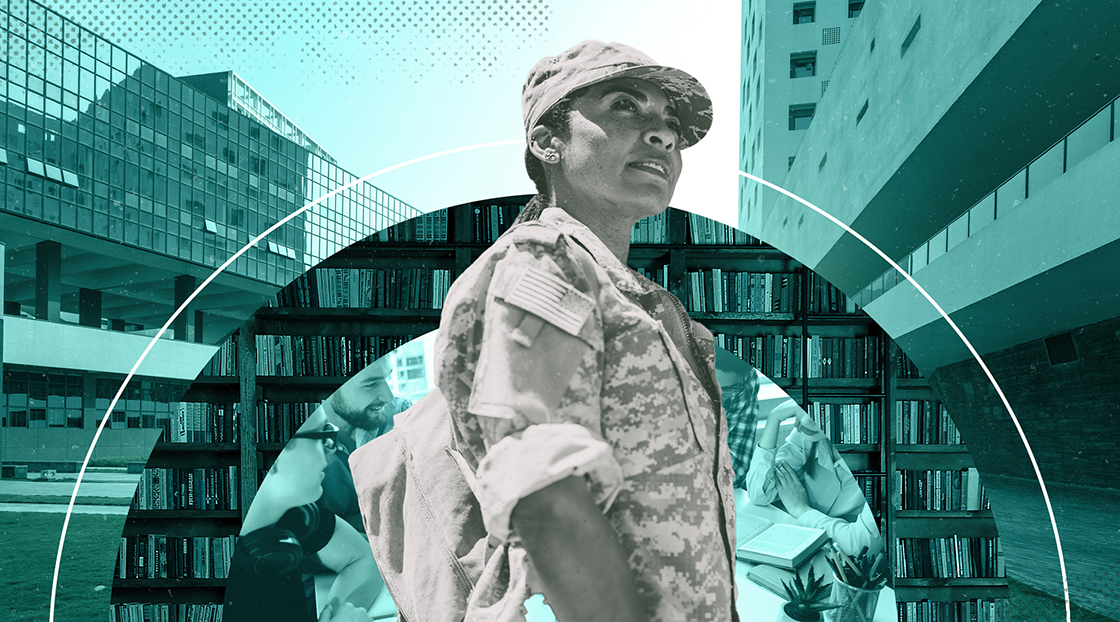Once a student veteran myself, I wasn’t too concerned with rankings, but it was something that was sort of in the background and played a small role in the decision I made. As I have moved through my professional life, and now as a college administrator in the student veteran space at Villanova University, it appears—at least, from my perspective—that these rankings may have become more meaningful to some people but they are also saturating the market.
The rankings include “Best for Vets,” “Military Friendly” and, of course, the US News and World Report rankings, just to name a few. Colleges and universities across this country love to proclaim their friendliness toward student veterans. The institutions fill out random surveys, answer the questions and await the final rankings, so they can show everyone just how friendly they are.
What do these rankings tell us, and what do they really mean? How do we come up with the metrics to grade institutions? Is it the number of veterans on campus, the resources made available to them, the availability of a center on campus or a combination of all of these, with weighted measures on some?




